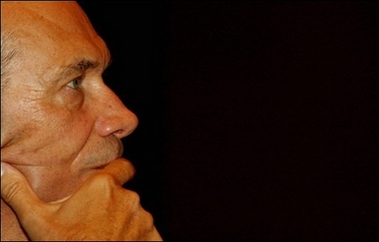BEIJING - The United States and China said on Wednesday that they would hold
regular high-level talks about their long-term economic relationship, which
is to bring higher-level attention to the overall relationship.
The pact, which was originally agreed to by Chinese President Hu Jintao and
President Bush last month, was announced as US Treasury Secretary Henry Paulson
began a three-day official visit to Beijing, his first in that capacity.
|

World Trade Organisation (WTO) chief Pascal
Lamy, seen here, has accused trade negotiators of losing sight of the big
picture and jeopardising global trade liberalization talks.
[AFP]
|
"Given growing economic globalization and increasing bilateral economic
relations, a high-level strategic economic dialogue between China and the United
States will promote economic cooperation and the growth of China-US relations,"
the two sides said in an official statement.
The agreement puts Paulson, a former head of investment bank Goldman Sachs
who has extensive China experience, in charge of discussions with Beijing on the
long-term challenges of a relationship that has been fraught with disputes
ranging from intellectual property to the yuan's value.
US officials said the new mechanism would commit China and the United States
to meet twice a year, switching the meetings between capitals, and that
presidents of both countries would have a hand in shaping the talks on economic
issues.
Paulson's counterpart in the new dialogue, Chinese Vice Premier Wu Yi,
welcomed him as an "old friend of China" in a meeting prior to the announcement.
"Among the senior officials of all governments there must only be a handful
who understand China as you do," she said.
Paulson said his experience in China, which he has visited around 70 times,
had taught him how many interests the two had in common.
"I've also learned that some of the tensions that exist are also important
and that it's very important that we find solutions to them," he added.
"NO FOOT OFF THE PEDAL"
US administration officials accompanying Paulson said the new dialogue would
not mean any less effort to deal with concerns like pushing for greater Chinese
currency flexibility, but would bring higher-level attention to the overall
relationship.
"In no way should this be interpreted as taking our foot off the pedal to
attention on these very real short-term economic challenges," a US
administration official said. "That is not what is happening here."
| 1 | 2 |  |